you are the sweetnessin all that you have made
Last active 60 minutes ago
Don't wanna be here? Send us removal request.
Text
Ground-Level Meditation Advice
A friend asked me for some meditation tips recently, and I figured I’d share what I told them here too—because honestly, most people don’t get useful advice when they’re first starting out. It’s either too vague or way too abstract.
So here’s a simple, real-world breakdown:
1. Application of attention is the foundation of every technique. No matter the form—breath awareness, mantra repetition, body scanning, focusing between your eyebrows—you’re paying attention to something. That’s it. That’s the whole root system of all meditation: deliberate attention. It's what differentiates meditation from relaxation exercises, “zoning out,” or other spiritual practices.
2. It’s focused and relaxed. The sweet spot is being concentrated but not tense. One metaphor I often use: imagine you’re a sniper waiting for your target. You don’t know if it’ll be five minutes or five hours before they appear. So you’re alert and watching, but also relaxed enough to sit with that uncertainty without burning out. That’s the presence cultivated during meditation.
3. Boredom is peace in disguise. A lot of people find meditation hard simply because it feels boring. But that boredom? It's just peace we don’t recognize yet—because we're used to always solving problems or being entertained. When we stop doing both, the mind gets fidgety. Our continual restlessness becomes more obvious. Learning to sit with that restlessness is part of the work. You will notice yourself feeling more at ease in your daily life in proportion to the degree that you release your restlessness by staying with it during meditation practice.
4. Consistency is everything. Like exercise, one day of meditation won’t change much. But a little bit every day does. Fifteen minutes daily will do way more than a three-hour session once a week. Meditation is a cumulative practice.
5. Make it part of your rhythm. The easiest way to stick with it is to link it to another part of your daily routine. I usually meditate at the end of the day after exercise and a shower. At other times in my life, morning practice worked better. Try different times and see what sticks—then build around that.
6. Keep it simple. Commit for a while. There are tons of techniques out there. The simpler ones are often the hardest, because your mind has less to chew on. Try a few and then pick one. Stick with it for at least a month. That’s long enough to know if it’s working. Apps like Headspace or Insight Timer can help if you're starting from zero. I never used them—I started before apps were a thing—but they might help you find your groove.
Meditation doesn’t need to be mystical or performative.
Just sit, watch, stay.
And if you can’t sit today, sit tomorrow.
No drama. Just return.
LY
53 notes
·
View notes
Text
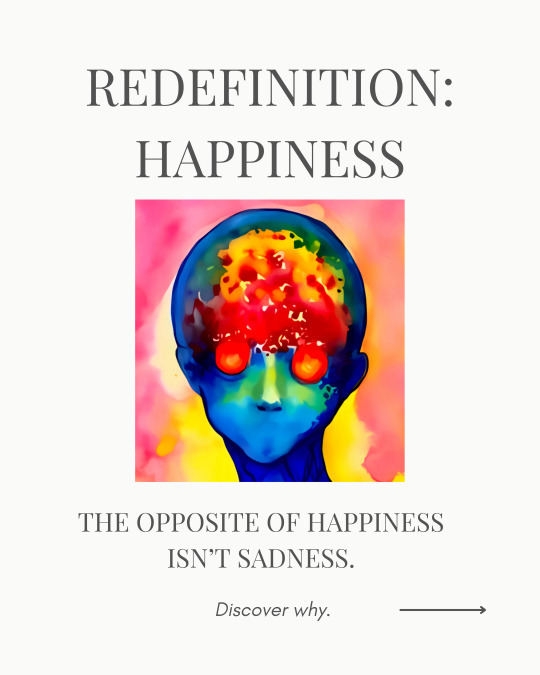
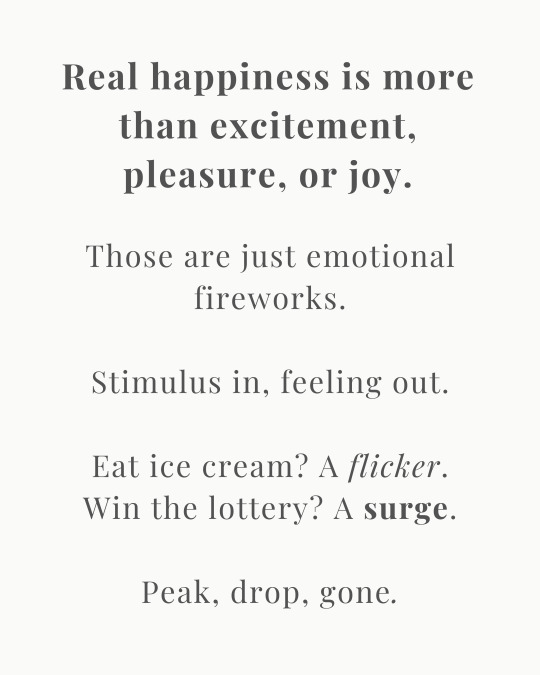
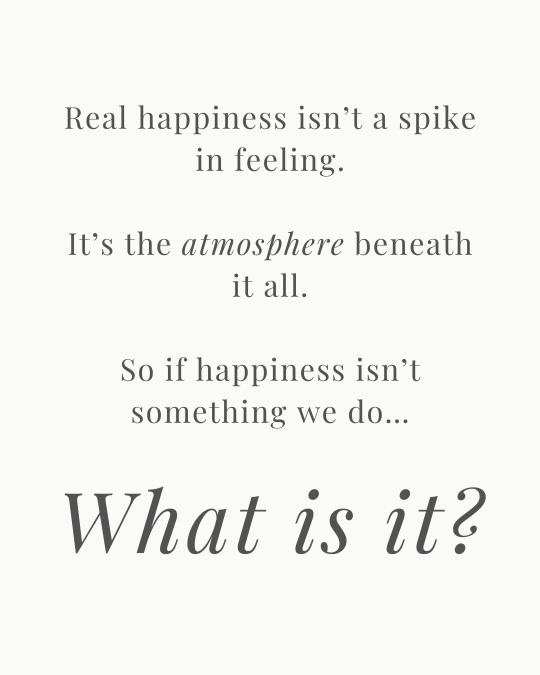
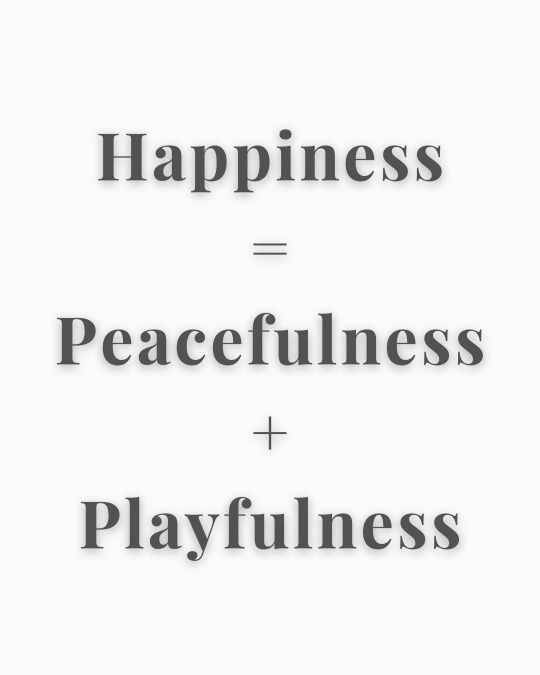
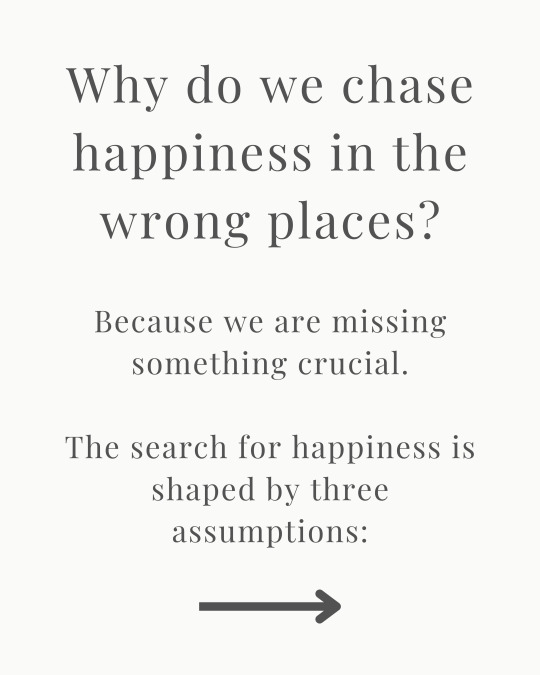
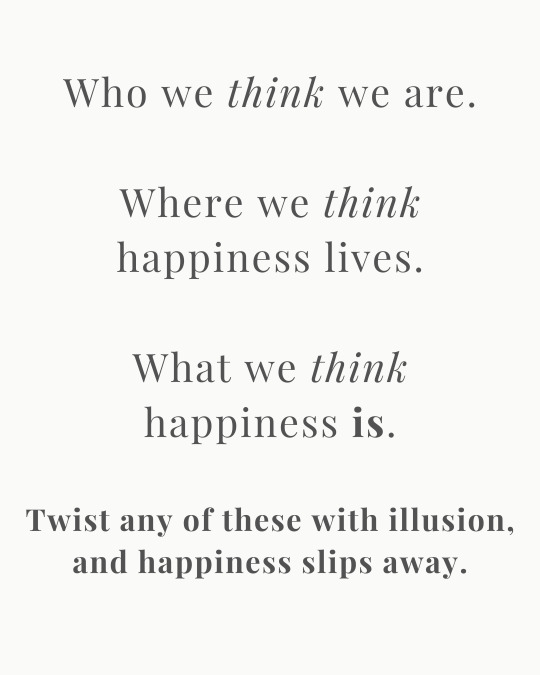
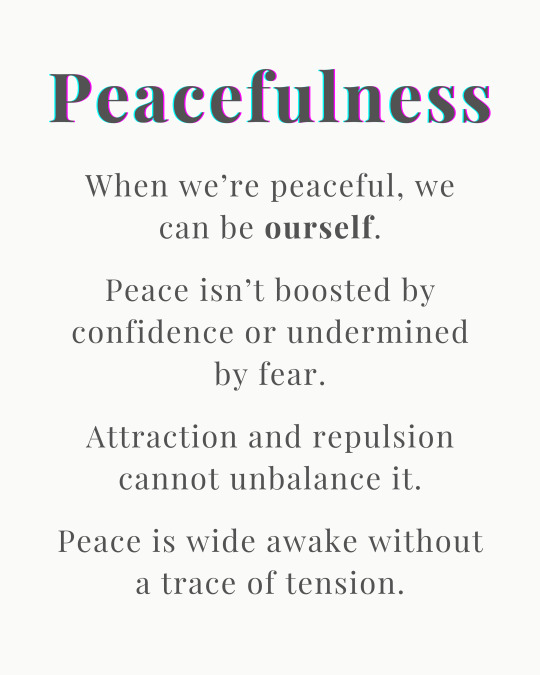
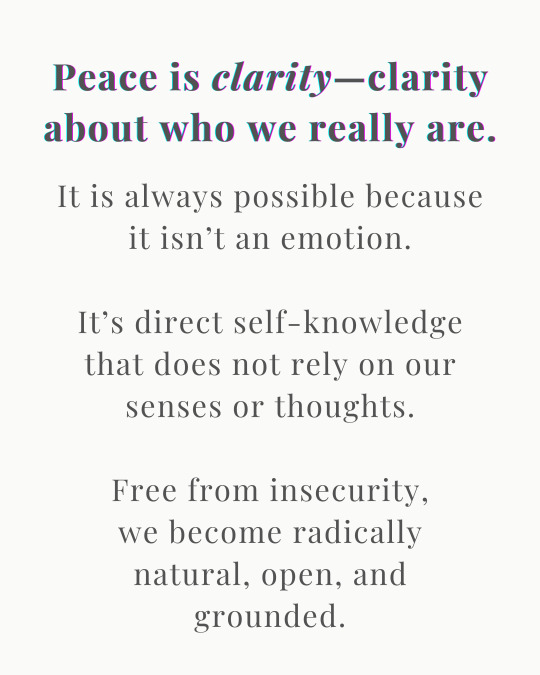
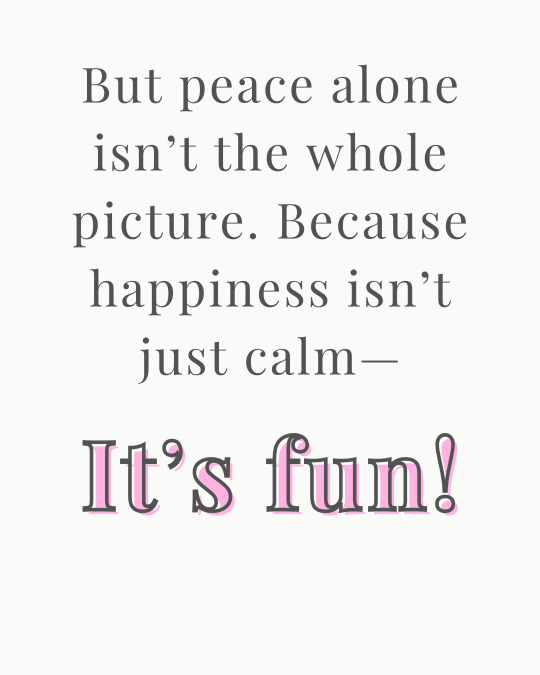
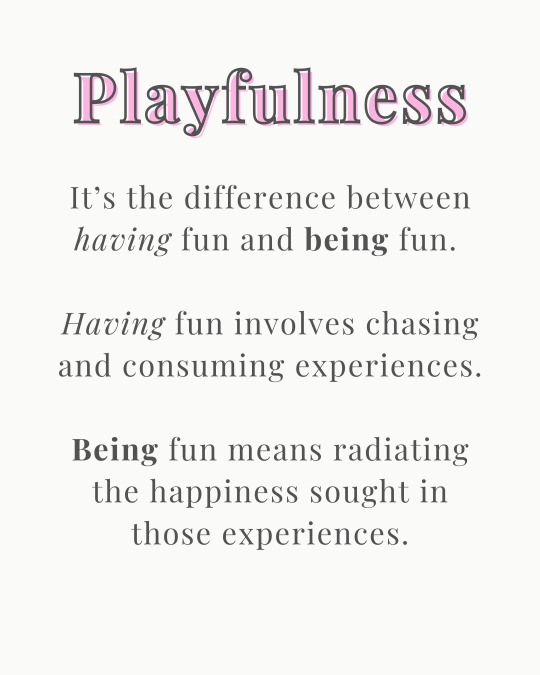
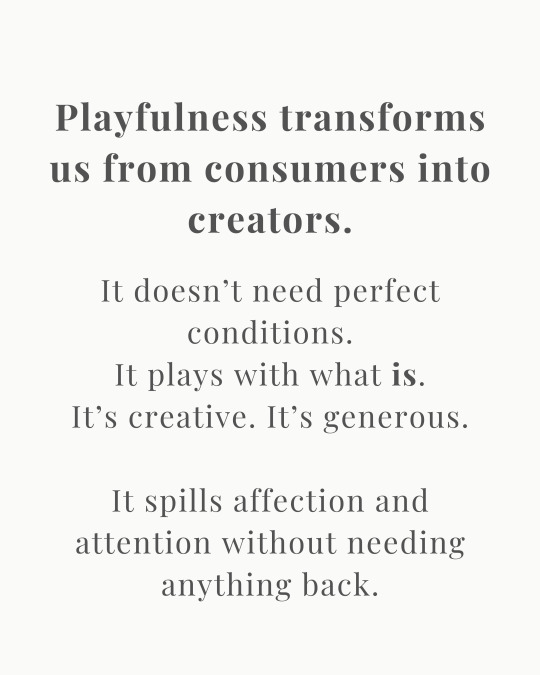
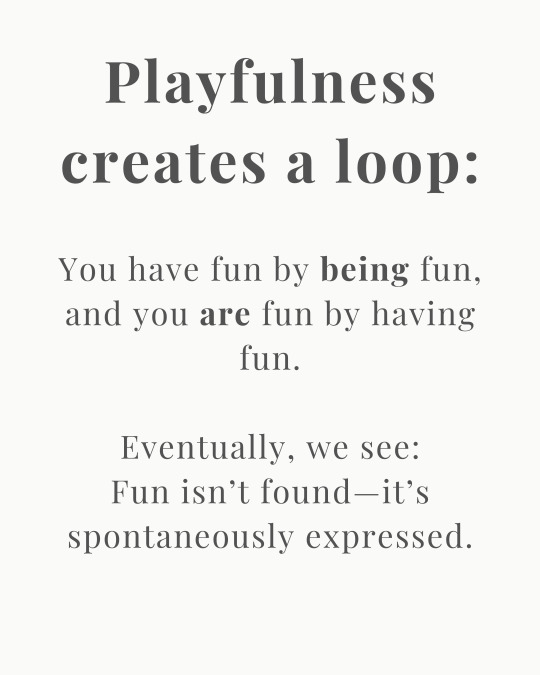
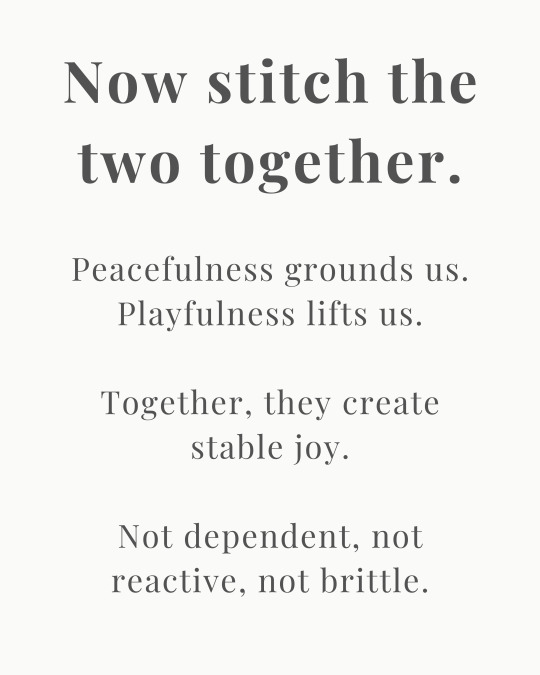
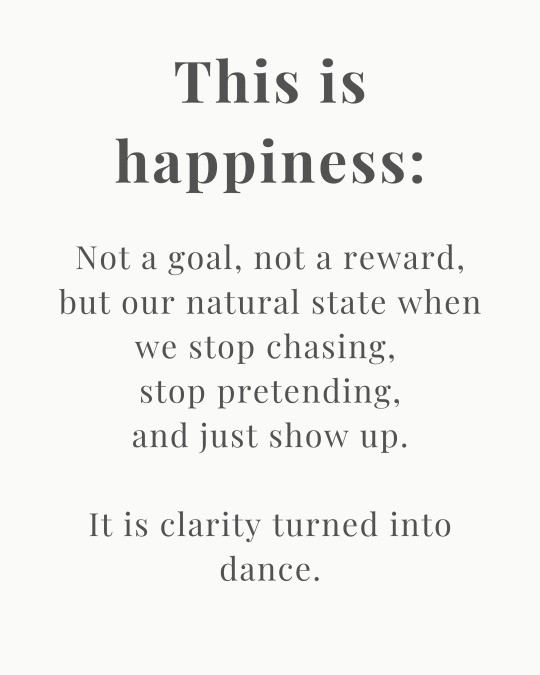
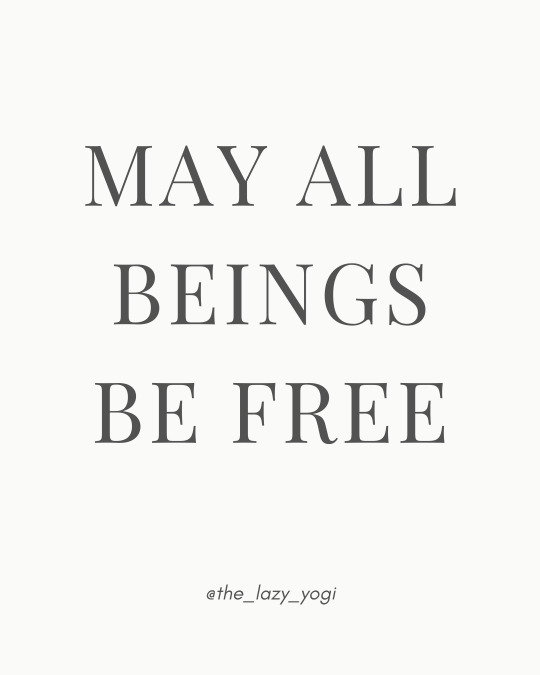
instagram: @the_lazy_yogi
#happiness#innerpeace#mindfulness#selfdiscovery#emotionalintelligence#philosophy#spiritualgrowth#selfawareness#joy#peacefulness#playfulness#mentalclarity#authenticliving#selfrealization#redefinehappiness#deepthoughts#personaldevelopment#modernmystic#innerjourney#presence#stillness#fun#soulwork#awakening#consciousliving
122 notes
·
View notes
Photo
ah yes my postbac premed days at Columbia
and now I have a week until I take the board exam to be a surgeon

study breaks shall be spent forlornly gazing out the window from the balcony, leaning against the railing and ruminating on the nature of man and ferret
130 notes
·
View notes
Text
Spiritual contemplation is when you spend time with a question without trying to answer it.
This is what makes room for that question’s answer to arise.
Often when you least expect it.
738 notes
·
View notes
Text
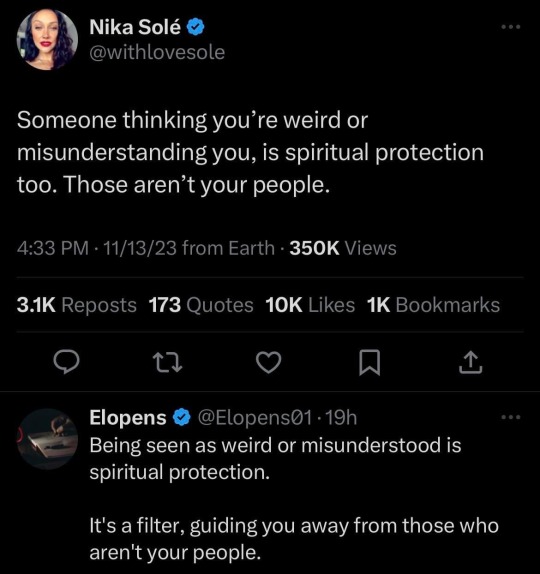
I like this. Except it isn’t protection for you. It’s protection from you.
Not everyone has taken this incarnation for the sake of realizing enlightenment. Nor have they incarnated to heal their traumas and grow beyond their comfort zones.
There are few things more traumatic to a person than forcing them to heal from their traumas before they are ready to do so. Coming into contact with the vibration of genuinely spiritual Awake people can sometimes do that, shake loose unconscious traumas into the light of consciousness.
So they protect themselves by judging you, seeing you as weird, dismissing your presence. And that’s okay so long as you know not to take it personally.
For my entire life, I have been the weird one. It would make me sad that many whom I loved would just dismiss me and tease me.
I continued my path and they continued theirs. May they one day be free from suffering.
630 notes
·
View notes
Note
What are some practical ways to keep your heart open, and not become a reflection of the very things that have hurt you? Especially amongst such a combative, narcissistic and predatory environment?
First and foremost is daily meditation. It will do more for you than you will even realize at the time.
It will help you to process trauma, to continue maturing, and to be more resilient against new trauma--even as you become more vulnerable and intimate with life itself.
Without a daily meditation practice, the following recommendations will not be nearly as effective.
Secondly, there is a pragmatic level to this as well. If you are in a combative, narcissistic, and predatory environment, I do not recommend simply sitting around learning how to better tolerate it. Steps should be taken to identify several paths away from such an environment.
While it's true that we will not find freedom by running from our problems and we wont find happiness by seeking the best possible environment, that doesn't mean we should just stay still and allow ourselves to be continuously harmed.
So on top of a daily meditation practice, I would also recommend seeking out potential avenues toward a less harmful environment. Identify the obstacles and compose plans to deal with them. Seek advice and mentorship and help wherever you can from trusted sources.
All of that may be obvious but I still feel the need to say it when giving this kind of advice.
Now, onto your actual question--practical methods for keeping the heart open while not internalizing and propagating the same trauma coming at you.
The keys to doing this are:
Staying with your suffering. Some of the most enduring forms of harm that stem from trauma isn't from the trauma itself but in all the ways we try to avoid feeling its pain.
Connecting with/realizing/recognizing the fundamental ground of your existence that is prior to all shapes and forms, including your trauma. Yes, there is a part of yourself that has never been traumatized. It is the very essence of Reality and Awareness. It is from this place that you can work to heal from your traumas.
Implementing the innumerable methods that allow for digestion and release of your internalized traumas. This includes everything from the abstract and psychological levels to the somatic and physical levels.
Honestly the best course in this kind of spiritual work, for me, was the book The Places That Scare You by Pema Chodron. There are also a few books by Judith Blackstone that would be helpful, Trauma and the Unbound Body or Belonging Here or any of her books really.
You are asking the right questions and you will find what you seek, so long as you do not give up. This is a very realistic aspiration for yourself, and one that will benefit you greatly--as well as benefit the world.
MAY ALL BEINGS BE FREE!
Much love.
LY
24 notes
·
View notes
Text
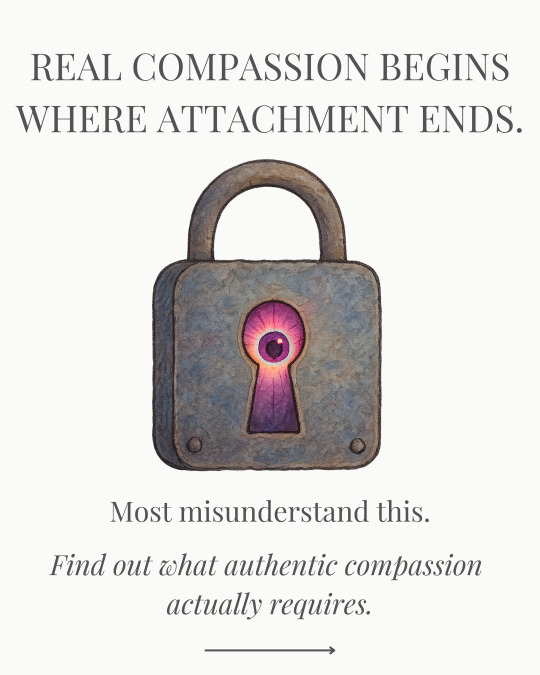
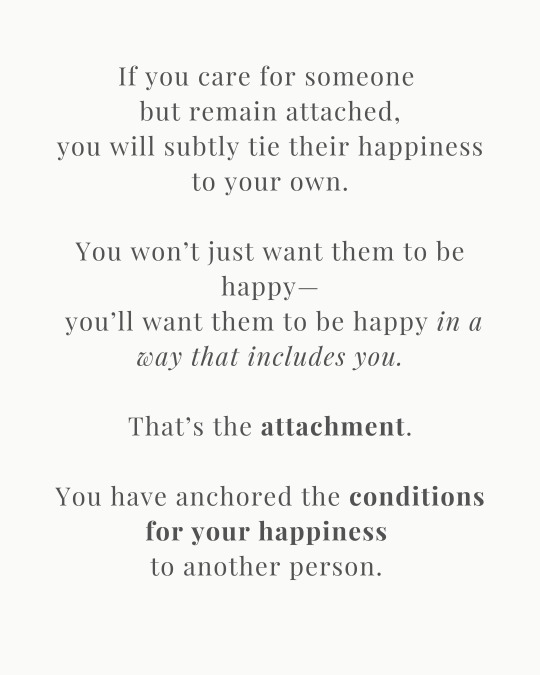
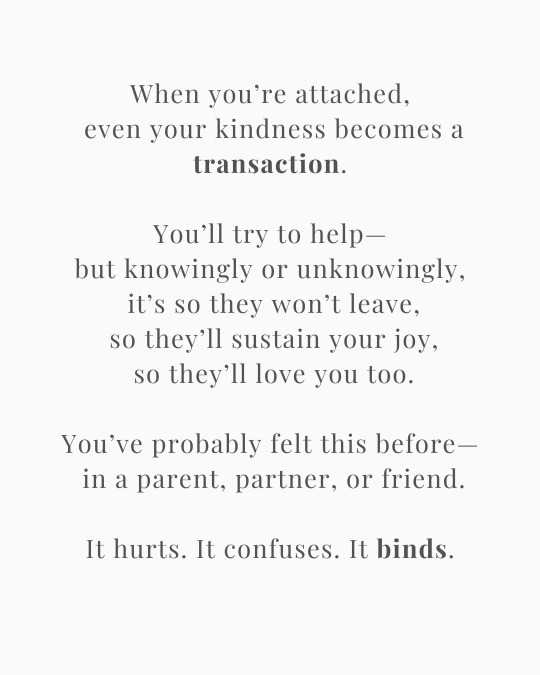
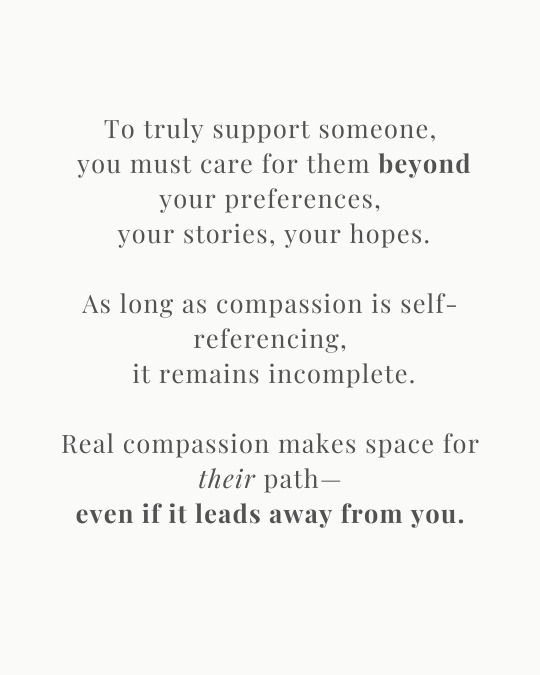
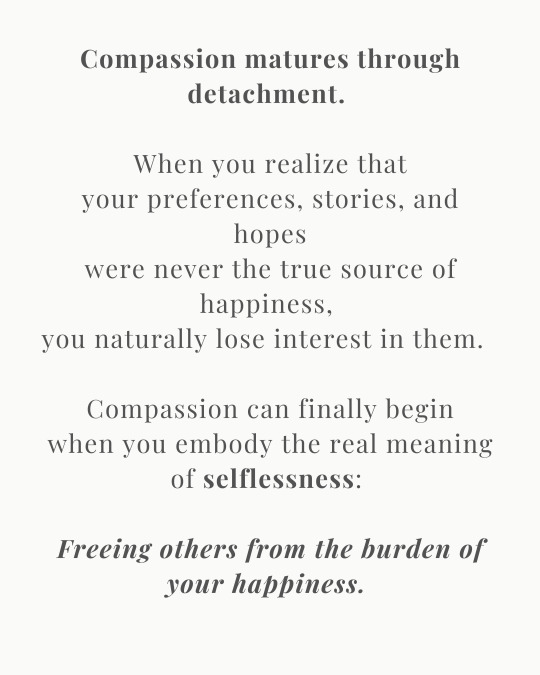
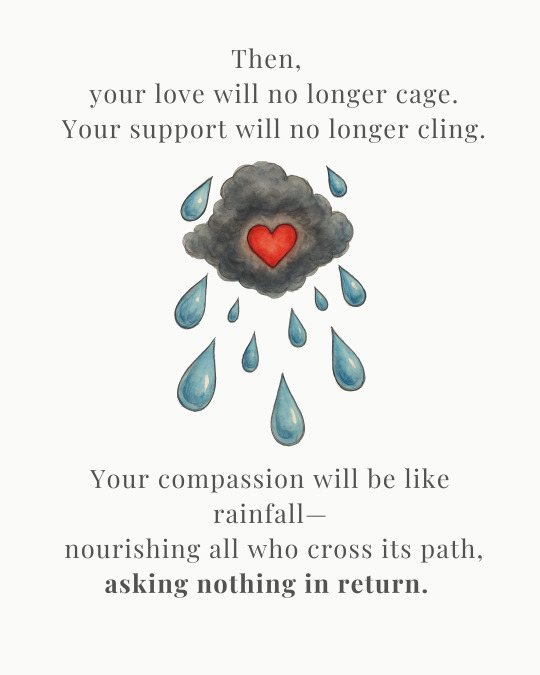
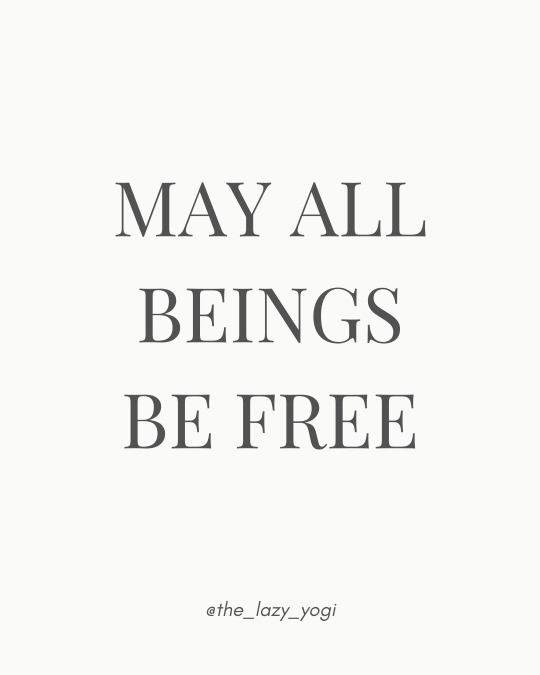
Insta: @the_lazy_yogi
#spirituality#shadow work#shadow#compassion#attachment#mindfulness#selflessness#yoga#energy#consciousness#self improvement#self work
187 notes
·
View notes
Text
The Seven Blessings of Daily Meditation
Meditation is not just one practice among many—it’s the ground beneath them all. It doesn’t replace ritual, devotion, or energy work. It empowers them. Why? Because it speaks directly to the one continuous thread running through all of them: the felt sense of existence itself.
At first, sitting down to meditate may feel like doing nothing. But simple daily practice quietly sets countless transformations in motion. If I had to name just seven, they would be these.
One: Directly Encounter the Real
Meditation bypasses philosophy and belief, going straight to firsthand experience. Every authentic spiritual path—whether Advaita, Zen, Dzogchen, Christian mysticism, or Sufism—has some form of meditation at its core because it leads to a direct encounter with reality.
Two: Stabilization of Attention
Meditation strengthens the capacity to stay present, making all other spiritual practices more effective. Without stable attention, any ritual, prayer, mantra, or shamanic journey becomes diluted.
Three: Cultivated Wholeness
Daily meditation aligns mental clarity with embodied presence. It’s not just “zoning out”—it’s the cultivation of intimate contact with the moment, sensation, thought, and breath, which leads to a unified experience of being.
Four: Healing without Suppressing
Rather than suppressing emotion or spiritual conflict, meditation gives space for all inner material to arise and be seen without judgment. This witnessing is inherently healing and transformative.
Five: Universal Accessibility
You don’t need special tools, initiations, or beliefs to meditate. It’s available to anyone, anywhere, and adapts itself to every stage of spiritual maturity—from basic stress relief to profound realization.
Six: Freedom from Identity
Over time, regular meditation reveals that you are not your thoughts, not your roles, not your emotions. This deconstruction of the egoic center is what allows spiritual rebirth to occur—naturally and organically.
Seven: Profound Realization
Meditation opens the door to non-dual insight—not just peace or concentration, but recognition that the self and the world are not-two. It is a method that dissolves the very sense of separation that most spirituality seeks to overcome.
These seven blessings aren’t theoretical—they’re the natural fruit of steady practice. And they’re backed by science. Meditation isn’t about escaping life; it’s about entering it more fully, more honestly, and more freely. Just 20 to 30 minutes a day will legitimately change your life.
LY
#meditation#daily meditation#spiritual practice#mindfulness#awareness#nonduality#consciousness#healing#inner peace#self realization#spiritual growth#stillness#presence#zen#advaita#dzog
69 notes
·
View notes
Text
One week until I’m officially done with residency!! Then I take the board exam on July 10th and start my private practice job on August 1st.
I expect to be back and blogging after the dust settles. Miss you all ❤️🔥
78 notes
·
View notes
Text
Authentic compassion is only possible through detachment.
If we care for others but are not detached, we might try to use them for our own happiness. We risk adding to their suffering instead of helping to relieve it.
To cradle another being with our attention, fully considering their needs beyond our own preferences, we cannot remain attached to our personal desires or opinions.
As long as compassionate activity is self-referencing, it remains incomplete.
Complete your compassion through detachment and you will understand the true meaning of selflessness: freeing others from the burden of your happiness.
Then your activity becomes like rainfall-- nourishing all who cross its path.
244 notes
·
View notes
Text
There’s no reality except the one contained within us. That’s why so many people live an unreal life. They take images outside them for reality and never allow the world within them to assert itself.
Hermann Hesse
129 notes
·
View notes
Text
I have 3 weekends left in residency—and I am only working for half of one of them.
I have a total of 5 nights of call left in residency.
After FIVE. Fucking. YEARS!
Is this even real?? 😂
66 notes
·
View notes
Text
Authentic compassion is only possible through detachment.
If we care for others but are not detached, we might try to use them for our own happiness. We risk adding to their suffering instead of helping to relieve it.
To cradle another being with our attention, fully considering their needs beyond our own preferences, we cannot remain attached to our personal desires or opinions.
As long as compassionate activity is self-referencing, it remains incomplete.
Complete your compassion through detachment and you will understand the true meaning of selflessness: freeing others from the burden of your happiness.
Then your activity becomes like rainfall-- nourishing all who cross its path.
#detachment#compassion#selflessness#selfless#kindness#empathy#healing#spirituality#buddhism#shadow work
244 notes
·
View notes
Text
No matter how many positive qualities you may cultivate, if you don't work with the parts of yourself that make you squeamish, you will never be free.
230 notes
·
View notes
Text
"Change is never painful. Only the resistance to change is painful."
171 notes
·
View notes
Text
No matter how many positive qualities you may cultivate, if you don't work with the parts of yourself that make you squeamish, you will never be free.
230 notes
·
View notes
Note
Where did u learnt Law of assumption first?
I had to google this term because I wasn’t familiar with it.
It seems very similar to confirmation bias, albeit used consciously and deliberately. Also sounds similar to The Secret and the power of intention, etc.
Magick essentially operates under these premises as well.
LY
6 notes
·
View notes